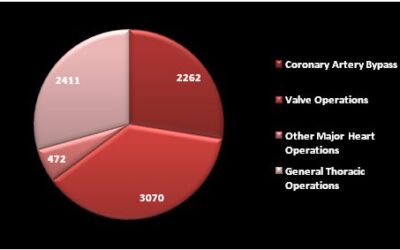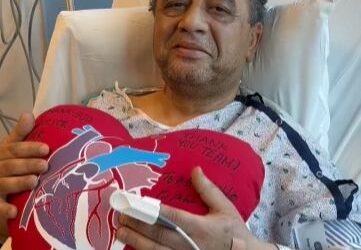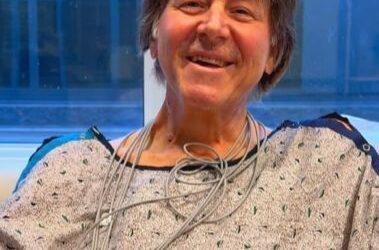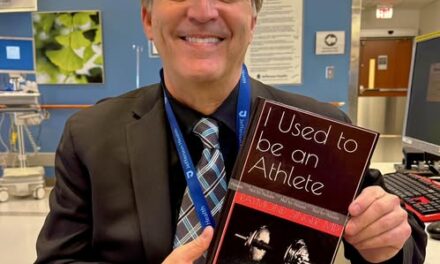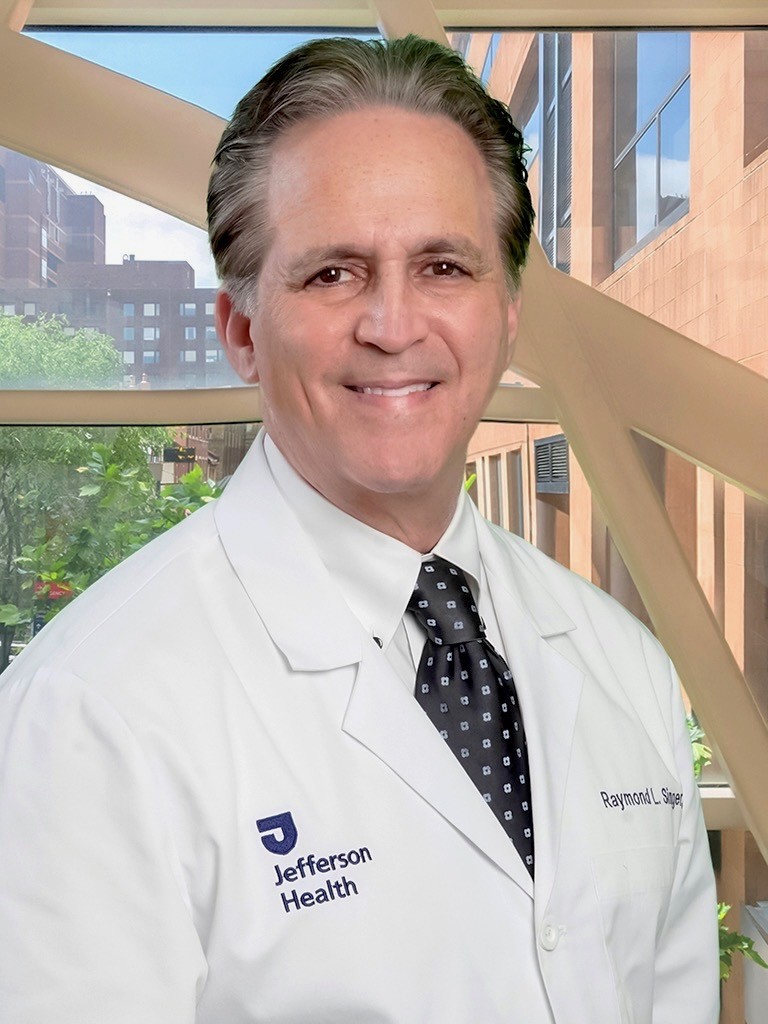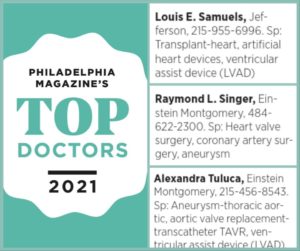Cardiac papillary fibroelastoma is the most common tumor of heart valves. It is found most often on the aortic valve. Although benign (non-cancerous), these tumors are increasingly being recognized as a source of systemic embolization that can lead to transient ischemic attacks (TIA), ischemic stroke, and heart attacks.
The tumor pictured below is a papillary fibroelastoma of the aortic valve, found incidentally in a patient who was being evaluated for mitral valve surgery.
The appearance below is classically described as a “sea anemone” with a central stalk and frond-like arms projecting outwardly. Looking at the appearance of these unique tumors, it’s easy to understand how the tissue particles could embolize during the movement of the heart valves with each heartbeat.
Histologically, the composition of these tumors are made up of collagen and elastin, with very little vascularure. The outer layer is comprised of endothelium, an intermediate layer of connective tissue, and a core of fibrin.
Clinically, a small asymptomatic tumor may be monitored, but surgical excision is the standard recommended treatment for larger, mobile tumors, unless there is a contraindication to surgery. The heart valve itself can usually be spared and/or repaired; however, if there is significant underlying damage to the valve, it may warrant valve replacement at the time of tumor removal.
In this case example, the patient underwent the planned mitral valve operation via a sternotomy and a left atrial incision for the mitral valve portion of the operation. A second incision was then made in the aorta to remove the aortic valve tumor and successfully repair the aortic valve. The patient had no further aortic or mitral valve insufficiency. The tumor was completely excised.
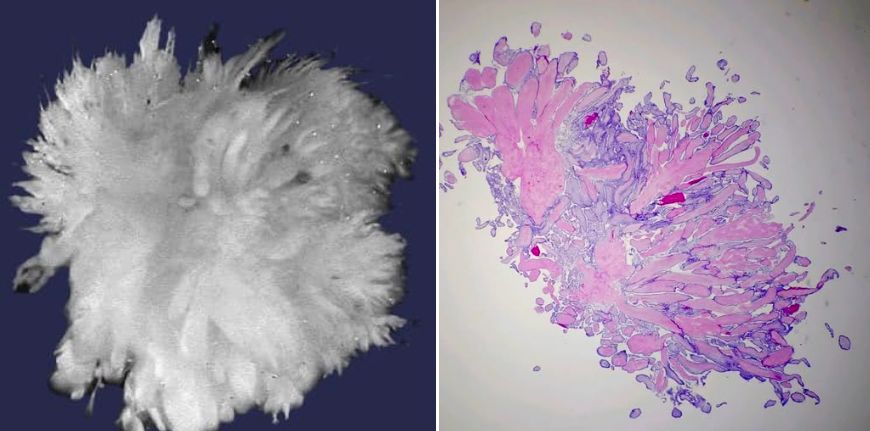
Recent Posts
When is the Best Time to Exercise?
This video talks about the advantages of exercising in the morning. Morning workouts release endorphins and improve blood flow, helping you to feel more energized and mentally sharp throughout your day. There are fewer distractions in the morning and it makes it...
May is Mental Health Awareness Month
Let’s take this opportunity to reflect on something essential, yet often overlooked in professional environments: our mental well-being. In a world that values productivity and performance, it’s easy to forget that behind every deadline, meeting, or project is a human...
10 Jefferson Hospitals Earn an “A” Safety Grade
We are incredibly proud to announce that 10 Jefferson Health hospitals have received an "A" Hospital Safety Grade from The Leapfrog Group for Spring 2025. This recognition underscores our commitment to improve patient lives and prioritize their safety across our...
Patient Outcomes – May 1, 2025
Nothing can be more important than knowing the experience level of your surgeon. Generally speaking, the more you do something, the better you become! Since entering practice in 1992, I have performed over 8,215 major heart and lung operations and numerous minor...
Day #5 After CABG Surgery
With the patient’s permission, this video discusses the post-operative journey of an individual who underwent urgent/emergent conventional sternotomy, triple-vessel coronary artery bypass graft (CABG) surgery, after developing severe chest pain with ECG changes during...
Left Thoracotomy for Complex Mitral Valve Replacement
This is a unique case of a 64-year-old man who had a history of Hodgkins disease with mantle radiation to his chest. I had performed a surgical aortic valve replacement 10 years prior with a biological valve that is still working well. The patient now presented with...
Featured
Pages
- Learn about heart valves. Heart Valves
- Read testimonials. Testimonials
- Did you know I have a consulting firm? Singer Heart/Lung Consulting
- Check out my TedTalk! Defining Success
Links
- Links page with more information about your heart. Links
- Dr. Adam Pick's Site: heart-valve-surgery.com
Questions? Comments?
Reach out to me here:





